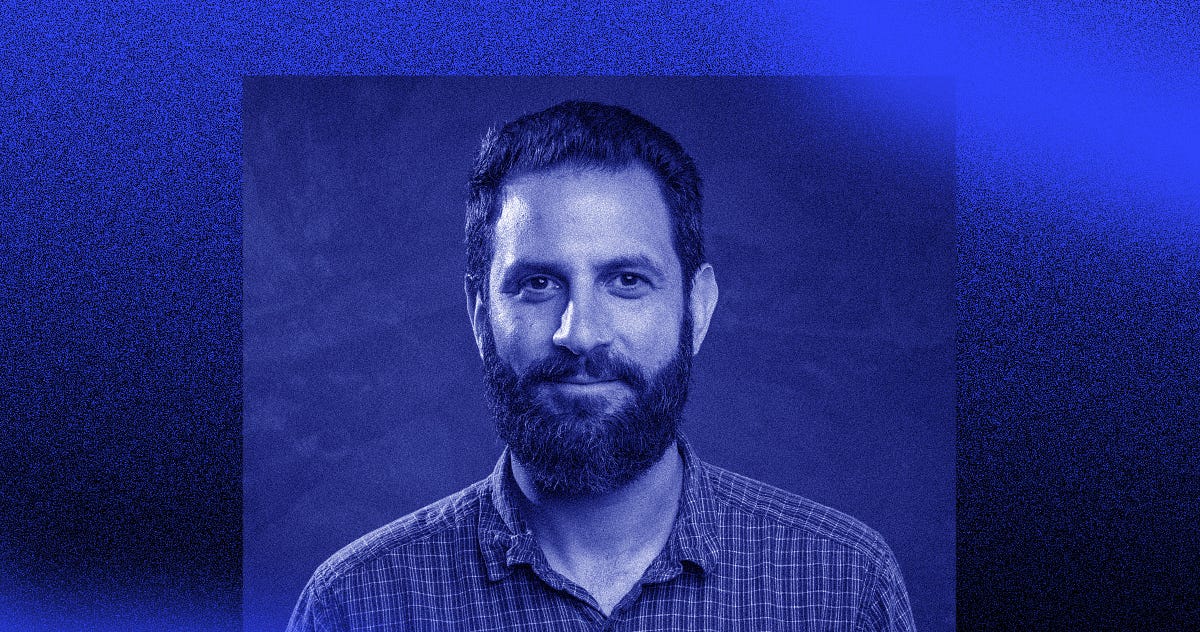Sublime
An inspiration engine for ideas
the attention economy erodes trust. It rewards the most dramatic claims, the most outrageous behavior, the most compelling narratives regardless of their relationship to truth or long-term consequences.
kyla scanlon • From Dollar Dominance to the Slop Machine
“There’s barely a word in there about the candidate being the problem,” says @MarkHalperin about a flattering Politico piece about Kamala Harris. “To the contrary, it’s … about how wonderful a candidate she was and that it wasn’t her fault. It’s admirable of her people not to leak about it, but I guarantee you that, particularly with the people who... See more
2WAYx.comHomebrew VC Hunter Walk Talks Twitter, TikTok, and Tech in the Time of Biden
Alex Kantrowitzonezero.medium.com
Like the PC gone-too-far hysteria, concerns about a free speech crisis appeal to a certain type of classical liberal, one who is oblivious to how these moral panics are fabricated and manipulated by those with an agenda.
Nesrine Malik • We Need New Stories: The Myths that Subvert Freedom
Beyond the Link Tax: Journalism and the Changing Nature of the Internet
Philip Moscovitchhalifaxexaminer.caWorld Edition - The Atlantic
theatlantic.com

BREAKING🚨: Vox Media has announced it will cease distributing Taylor Lorenz’s podcast and YouTube show, marking the end of its partnership with the left-wing journalist.
Cancel Queen gets canceled… https://t.co/Ttc6I3hEn5
The promise of the internet was to erase the gatekeepers. Instead of waiting for a record label to sign you, you could share your music on Spotify. Instead of asking a publication to share your words, you could tweet. Instead of being tapped by a studio exec, you could become a YouTuber. But what happened is that these platforms became the new... See more